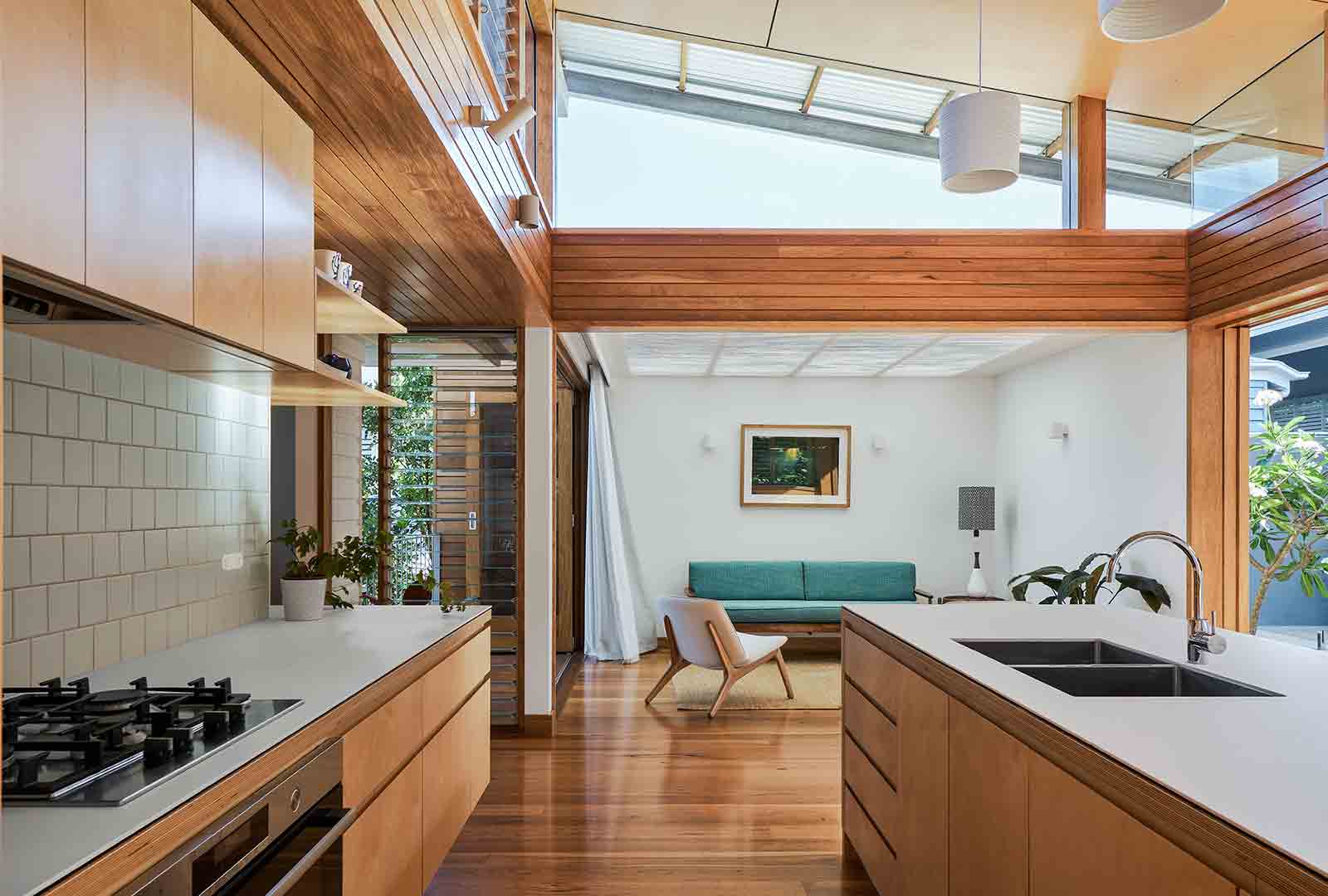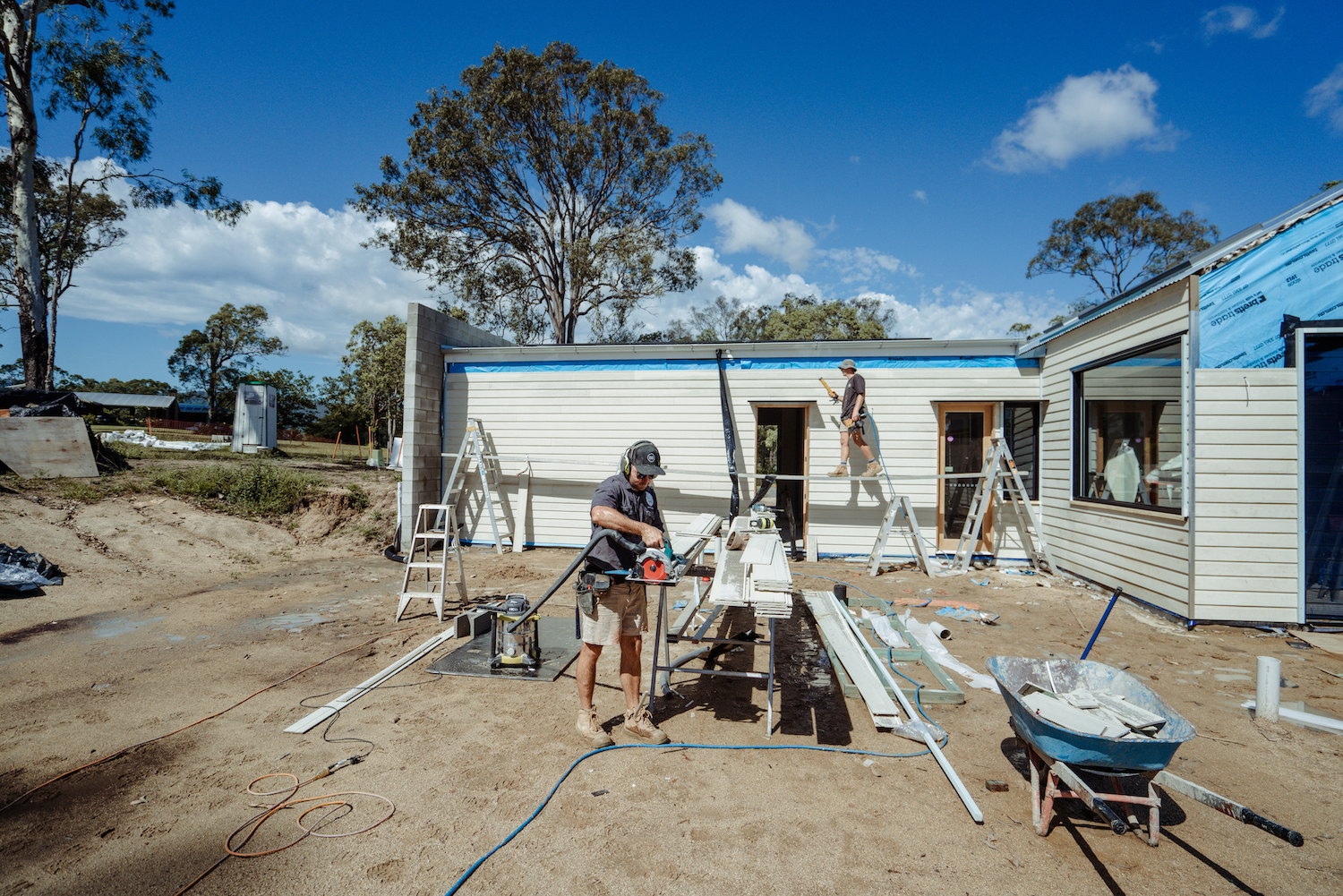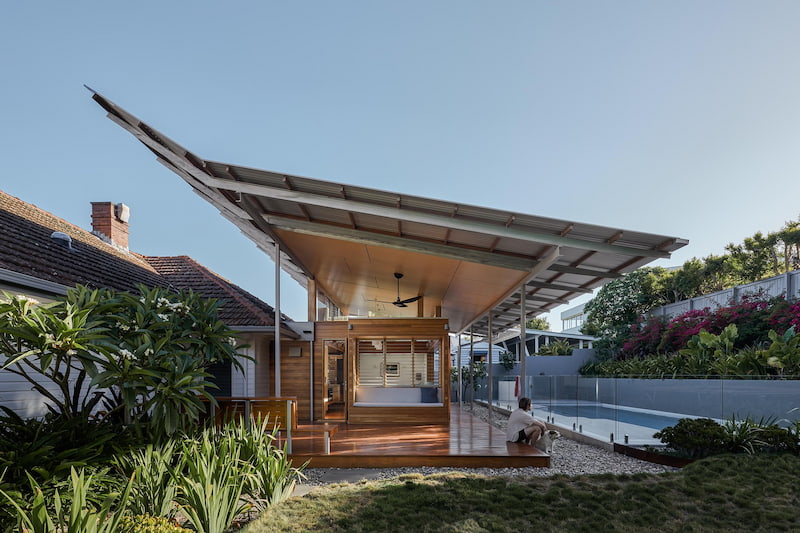Prime Costs in Residential Building Contracts: A Comprehensive Overview
Embarking on a home building journey is an exciting venture. To ensure a seamless experience, it's important to familiarize yourself with the various elements of your contract. A term that frequently appears in residential building contracts is 'prime cost'. This blog post will shed light on what a prime cost is, its role within a residential building contract, and its legal considerations.
Decoding Prime Cost
In the realm of residential building contracts, a prime cost refers to an allowance set aside for items that haven't been chosen at the time the contract is signed. These items usually include fixtures and fittings such as bathroom taps, kitchen appliances, or light fixtures. The actual cost of these items can fluctuate based on the homeowner's final selection.
Items Under Prime Costs
Prime costs generally cover elements that the homeowner has yet to finalize at the time of contract signing. This could encompass kitchen appliances, bathroom fittings, light fixtures, floor coverings, and more. It's important to note that the prime cost only accounts for the cost of the materials and does not include any costs related to the installation or delivery of these items.
Estimating Prime Costs
The estimation of prime costs is typically based on the builder's or contractor's past experience and understanding of the costs of these items. However, these are only approximations, and the actual costs may vary based on the homeowner's final choices.
The Role and Impact of Prime Costs
Prime costs offer a degree of flexibility, allowing the contract to progress even if all selections haven't been finalized. They allow the homeowner to make decisions about fixtures and fittings as the project unfolds.
If the actual cost of the items covered by the prime cost exceeds the estimated amount, it could result in an increase in the contract price. On the other hand, if the actual cost is lower, the homeowner may see a reduction in the final price.
Legal Considerations of Prime Costs
Prime costs carry legal implications within a residential building contract that both the builder and homeowner should be aware of.
Contractual Responsibilities
The builder is contractually obligated to provide a reasonable estimate for the prime costs, based on the information available at the time of contract signing. Providing an unrealistically low estimate to secure the contract could potentially breach their contractual responsibilities.
Contract Variations
If the actual cost of the items covered by the prime cost is higher than the estimated amount, the builder may need to issue a variation to the contract. These variations can increase the contract price and may require the homeowner's approval, depending on the terms of the contract and local regulations.
Dispute Resolution
Disputes can arise if the homeowner believes that the prime costs were underestimated or if they disagree with the variations issued by the builder. In such cases, the dispute resolution process outlined in the contract would be initiated. This could involve negotiation, mediation, or, in some cases, legal proceedings.
Legal Advice
Given the potential complexities and legal implications of prime costs, it's advisable for both builders and homeowners to seek legal advice before entering into a contract. A legal professional can help you understand your rights and obligations, ensuring that the contract is fair and transparent.
In conclusion, a clear understanding of prime costs is crucial for managing expectations and budget when undertaking a residential building project. If you're contemplating an upcoming project and need expert advice, feel free to reach out to us at BluebirdDB. We're always available for an obligation-free conversation to assist you in bringing your dream home to reality.



